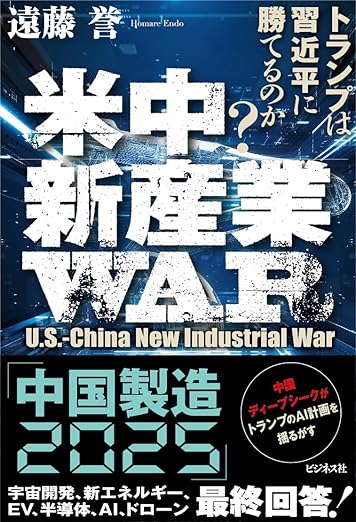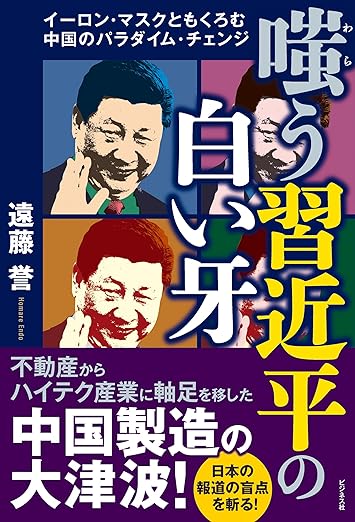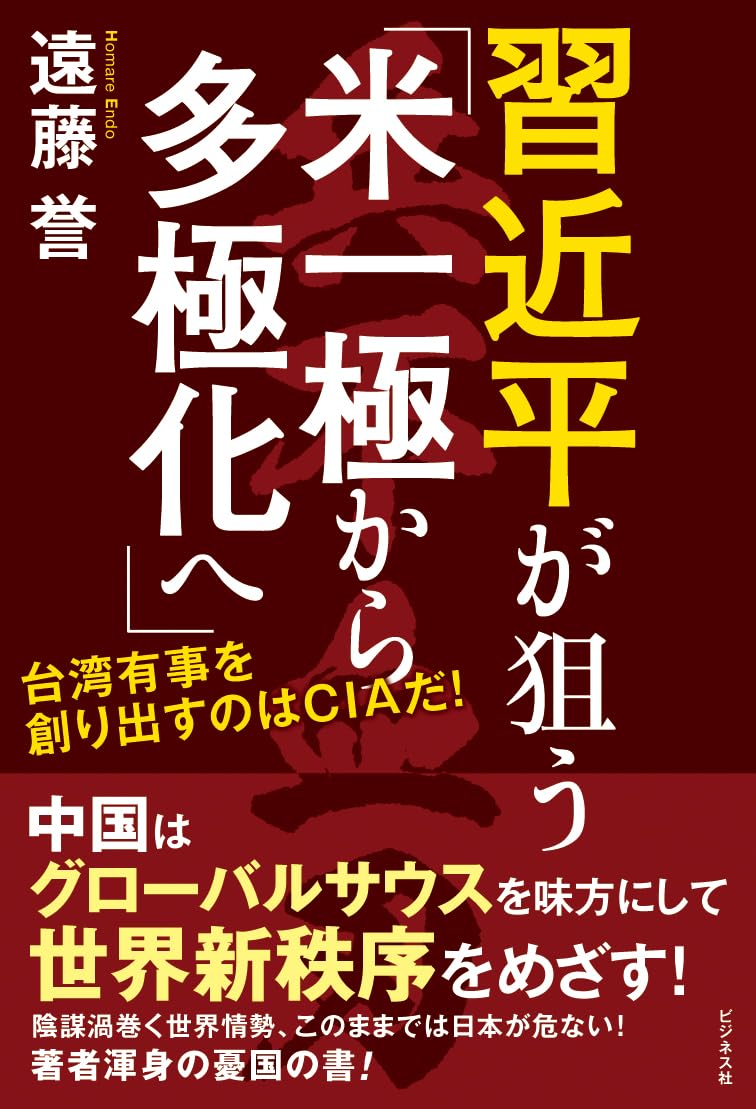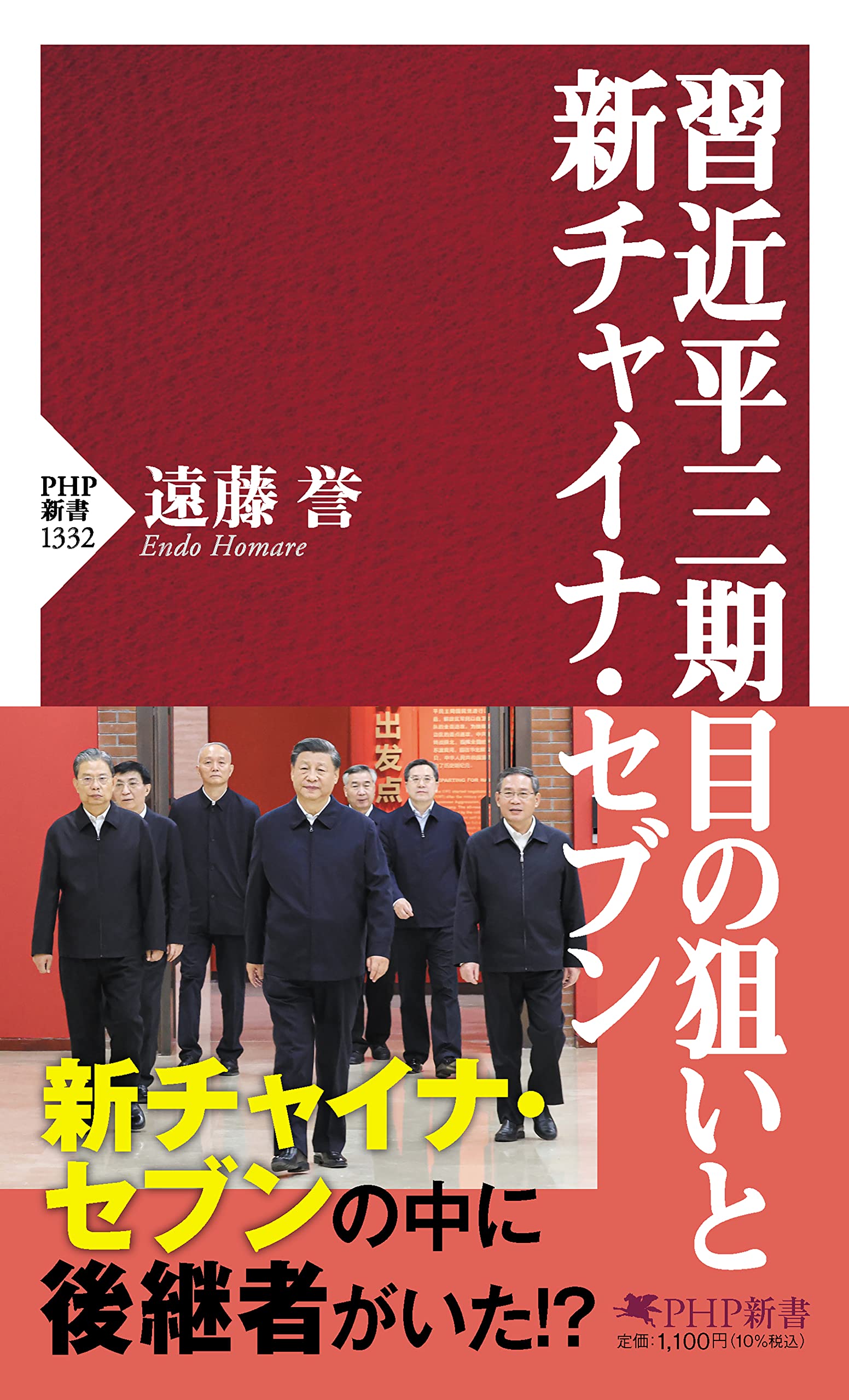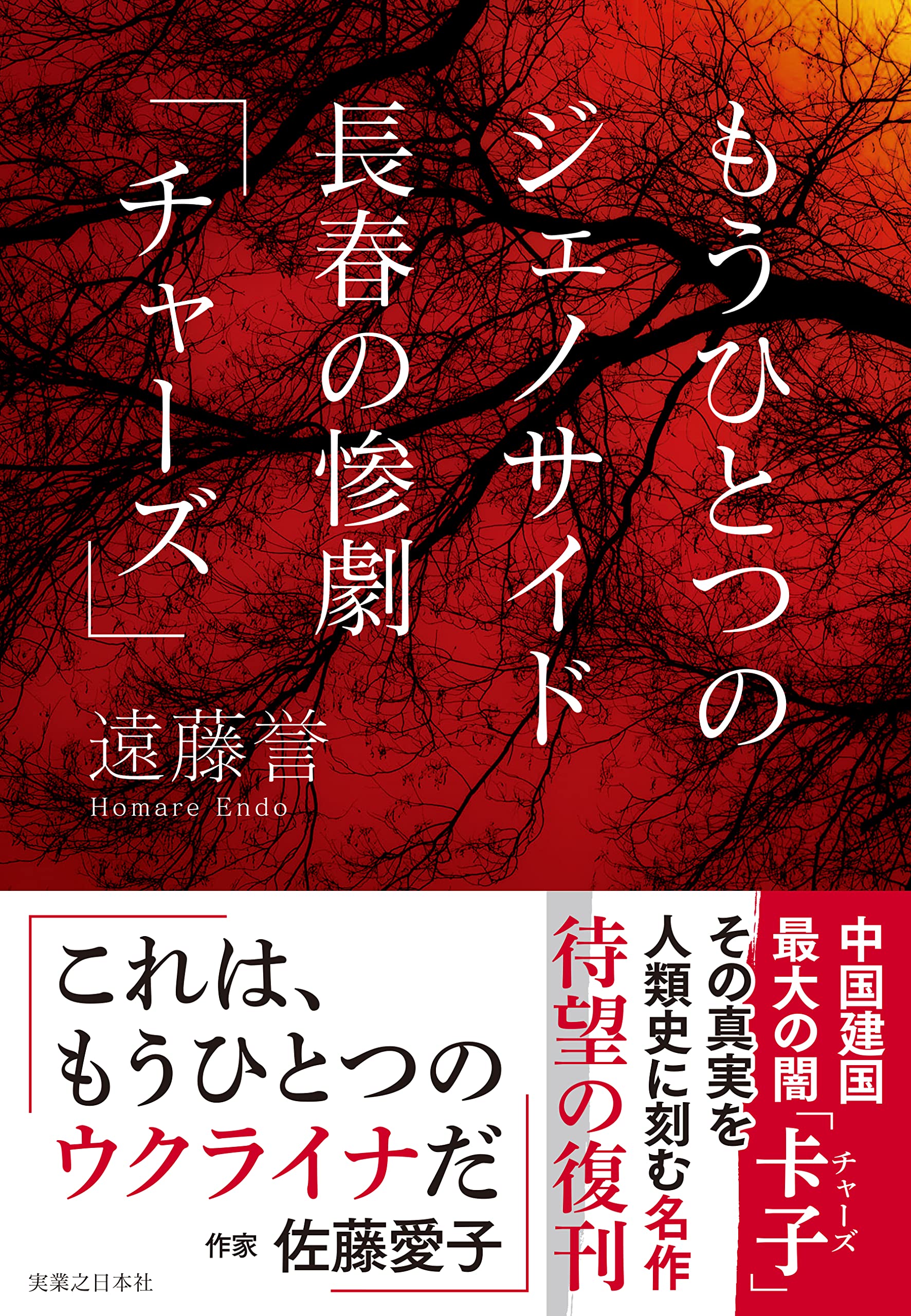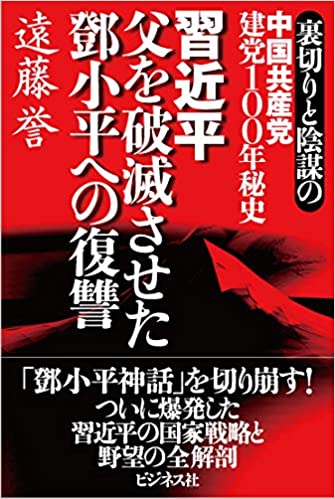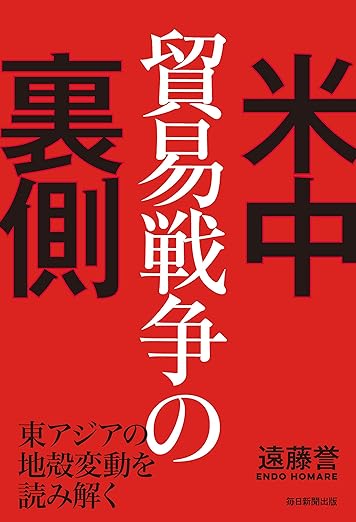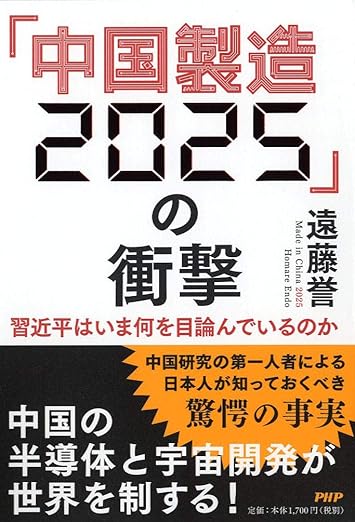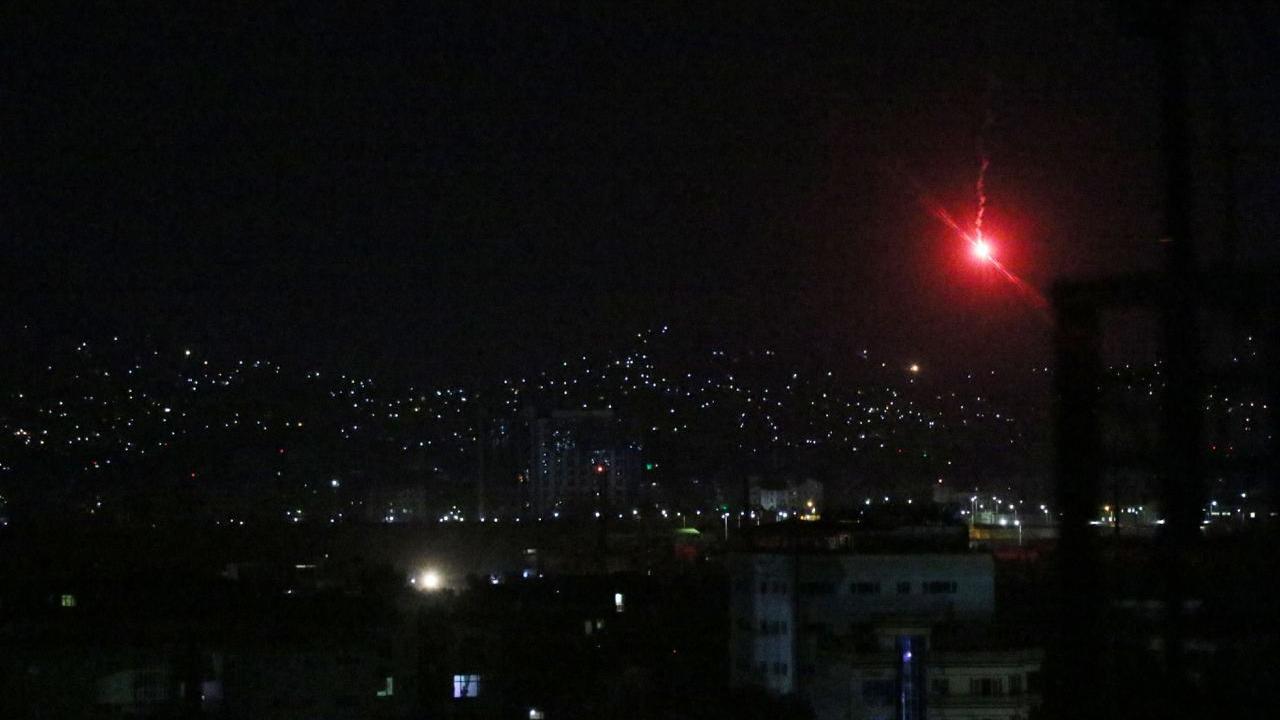
As soon as the U.S. troops completely withdrew, the Taliban continuously fired artillery in celebration of independence. The first report in China covered this scene and the abstention of China and Russia from the UN Security Council resolution against the Taliban. How will China address the Taliban?
◆China Reports the Salute Roaring in the Afghan Night Sky
Before dawn on August 31, as soon as the last plane carrying U.S. troops left the Kabul airport, the airport fell under the control of the Taliban, and the Taliban let out a whoop of triumph.
Salutes of tracers (special bullets containing a light emitter) and machine guns were fired into the night sky for about 2 hours.
CCTV, the China Central Television, excitedly reported “They are thrilled to be free from 20 years of American invasion and to be independent!”
China reported the victory of the Taliban like China’s vicarious pleasure because, needless to say, it is the U.S. military that China regards as the invading army.
In China, the press has the tone that there is war wherever the United States goes, including the Korean War (1950 – 1953), the Vietnam War (1955 – 1975), and the Iraq War (2003 – 2011) as well as the recent War in Afghanistan (2001 – 2021). The press means to question who is disrupting world peace, which seems a counter against American criticism that China is disturbing the international order. At the same time, they probably want to insist that nobody should interfere in other countries for such issues as Uyghur and Hong Kong.
As they report these matters every day, this day’s report is part of such an attitude.
◆Reasons Why China Abstained from Voting on the UN Security Council Resolution against the Taliban
With regard to the recent complete withdrawal of U.S. forces, news reports in China emphasized, along with the Taliban’s artillery salute, the emergency meeting of the UN Security Council on August 30. The meeting adopted a resolution proposed by the United States, Britain, and France urging the Taliban to promise to allow safe and orderly departure of Afghans and all foreigners from Afghanistan. Of the 15 members, 13 voted in favor, but China and Russia abstained.
China and Russia explained the reasons for their abstention respectively, and CCTV reported on the argument by China’s Ambassador to the United Nations Geng Shuang. Details can be found on the website of Permanent Mission of the People’s Republic of China to the UN. The outline is as follows.
- The amendments proposed by China and Russia were not adopted
Given the fragile and sensitive situation in Afghanistan, as well as many uncertainties in its future, any action taken by the Security Council should help ease, rather than intensify, tensions and conflict so that Afghanistan can transition smoothly. Last week, China had huge doubts about the content of the resolution and proposed amendments together with Russia. Unfortunately, our amendments have not been fully adopted. Based on the above considerations China has abstained from this draft resolution. - Poverty is a hotbed for terrorism, so don’t freeze banks or impose sanctions
The recent chaos in Afghanistan is directly related to the hasty and disorderly withdrawal of foreign troops. Withdrawal is not the end of responsibility. Relevant countries should respect the sovereignty, independence, and territorial integrity of Afghanistan, genuinely respect the rights of the Afghan people to determine their own future, change the wrong practice of imposing their own models on others, and change the hegemonic practice of imposing sanctions or even using force at every turn. They cannot claim to care about the Afghan people’s welfare while imposing unilateral sanctions, or claim to support Afghanistan’s acceleration of economic and social development, while seizing and freezing Afghanistan’s overseas assets. - Provide Afghanistan with economic, civilian, and other humanitarian assistance
The international community should provide Afghanistan with urgently needed assistance for the economy, and livelihood and humanitarian needs in order to help the new authority maintain the normal operations of governing institutions, maintain public order and stability, curb currency depreciation and price increases, and embark on the path of peaceful reconstruction as soon as possible. - Don’t exclude the Eastern Turkistan Islamic Movement (ETIM) linked to Uyghurs from measures against terrorism
China has always attached great importance to Afghanistan’s fight against terrorism. We strongly condemn the recent terrorist attack in Kabul. This terrorist attack in Kabul once again proved that the War in Afghanistan (started by the United States) did not achieve the goal of eliminating terrorist groups in Afghanistan. Afghanistan must never again become the birthplace for terrorism or a base for terrorists. Countries should follow international laws and Security Council resolutions, and resolutely combat international terrorist organizations such as the Islamic State, Al Qaeda, and the ETIM. On the issue of counter-terrorism, there must not be any double standard or selective approach.
The argument can be summarized as above, and the last item 4 may need some explanation.
On November 6, 2020, former U.S. Secretary of State Pompeo removed the Eastern Turkistan Islamic Movement, a terrorist organization that China has repeatedly accused in order to justify its crackdown on the Xinjiang Uyghur Autonomous Region, from the list of terrorist organizations recognized by the United States on the grounds that such an organization does not exist. China claims, however, that this terrorist organization exists. “Selective approach” means to exclude only ETIM from terrorist organizations. China argues that the United States, which insists that an existing terrorist organization does not exist while waging the War in Afghanistan to stop all terrorist organizations’ activities, has a double standard convenient for itself and contradicts its own claims.
◆Reasons Why Russia Abstained from Voting on the UN Security Council Resolution against the Taliban
Regarding why Russia abstained, I received a message from a friend in Moscow who is familiar with developments at the Kremlin. The friend advised me to read “Russia’s concerns ignored in the UNSC resolution on Afghanistan — Russian UN envoy” from TASS. This article describes the following as the words of Permanent Representative to the United Nations Nebenzia.
- Russia had to abstain during the voting on the UN Security Council draft resolution on Afghanistan because the draft’s authors ignored our principal concerns.
- Russia suggested that the United Nations Security Council resolution on Afghanistan include a provision on negative effects of the mass evacuation of specialists and the freezing of financial assets on the situation in that country, but these initiatives were ignored. The country will not be able to attain the goals of sustainable development in a condition of brain drain. The freezing of financial assets would have significant negative impacts on Afghanistan’s economic recovery and stimulate terrorist activities.
- Russia’s proposals to condemn the activities of the Islamic State and Eastern Turkistan Islamic Movement were also ignored. The resolution however condemns the Islamic State Khorasan group (ISIS-K, an Islamic State branch).
- We see attempts to shift responsibility for the failure of the United States and its allies’ 20-year presence in Afghanistan onto the Taliban movement and countries of the region, but such attempts are wrong.
This article clearly indicates that Russia is arguing almost in the same way as China and is very useful for analyzing how China and Russia will move in the future.
President Putin is calling on members of the Shanghai Cooperation Organization, along with Chinese President Xi Jinping, to strengthen counterterrorism measures, because Russia has a large number of Muslims (about 10% of the population) and is addressing the Chechen problem and other issues of independence extremists who are allegedly linked with overseas Islamic extremists.
The Shanghai Cooperation Organization is an economic and cultural organization that was founded in 1996 and has been expanding progressively, centering on China, Russia, and Central Asian countries except Turkmenistan, to oppose and jointly address terrorism, separatism, extremism, drugs, and so forth. In reality, however, it is a military alliance with NATO in mind, and an antiterrorist organization. The secretariat is located in Beijing.
◆How Will China and Russia Address the Taliban Administration?
As I have written many times, while the embassies of NATO countries that cooperated with the United States withdrew one after another amid the chaos in the wake of the withdrawal of U.S. troops, the Chinese and Russian embassies did not move at all. This clearly shows that China and Russia are behind the Taliban. Both countries have always been sanctioned by the United States, and share the common view together with the Taliban that they have been bullied by the United States. This means that both China and Russia would recognize the Taliban as a state as soon as the Taliban administration is established unless there is the problem of terrorism. Because the U.S. troops withdrew in an inappropriate manner, however, they are becoming increasingly critical of the United States, saying that the United States is inducing the recurrence of terrorism.
Nevertheless, the Eurasian Continent is moving toward unification centered around China and Russia.
In particular, Peace Mission-2021, the joint counterterrorism military exercise for all the Shanghai Cooperation Organization member states, is scheduled to be held in Russia from September 11 to 25 this year.
As this year marks the 20th anniversary of the Shanghai Cooperation Organization, China and Russia attach a great deal of importance to the prevention of new terrorist attacks induced by the improperly conducted withdrawal of the U.S. troops.
China has the Belt and Road Initiative, and Russia has the Eurasian Economic Union.
Presumably, China and Russia are going to immediately connect the Eurasian Continent that the United States left, once they successfully contain terrorism.
President Biden has said that he wants to save power otherwise consumed for Afghanistan and put all his energy into struggle with the greatest rival China for hegemony. I fear, however, that things are going in the opposite direction.
This article is an English translation of the article on September 1st.
カテゴリー
最近の投稿
- 高市圧勝、中国の反応とトランプの絶賛に潜む危機
- 戦わずに中国をいなす:米国の戦略転換と台湾の安全保障を巡るジレンマ
- トランプ「習近平との春節電話会談で蜜月演出」し、高市政権誕生にはエール 日本を対中ディールの材料に?
- NHK党首討論を逃げた高市氏、直後に岐阜や愛知で選挙演説「マイク握り、腕振り回し」元気いっぱい!
- A January to Remember
- Managing China Without War: The U.S. Strategic Turn and Taiwan’s Security Dilemma
- 「世界の真ん中で咲き誇る高市外交」今やいずこ? 世界が震撼する財政悪化震源地「サナエ・ショック」
- 中国の中央軍事委員会要人失脚は何を物語るのか?
- 個人の人気で裏金議員を復活させ党内派閥を作る解散か? しかし高市政権である限り習近平の日本叩きは続く
- トランプG2構想「西半球はトランプ、東半球は習近平」に高市政権は耐えられるか? NSSから読み解く



